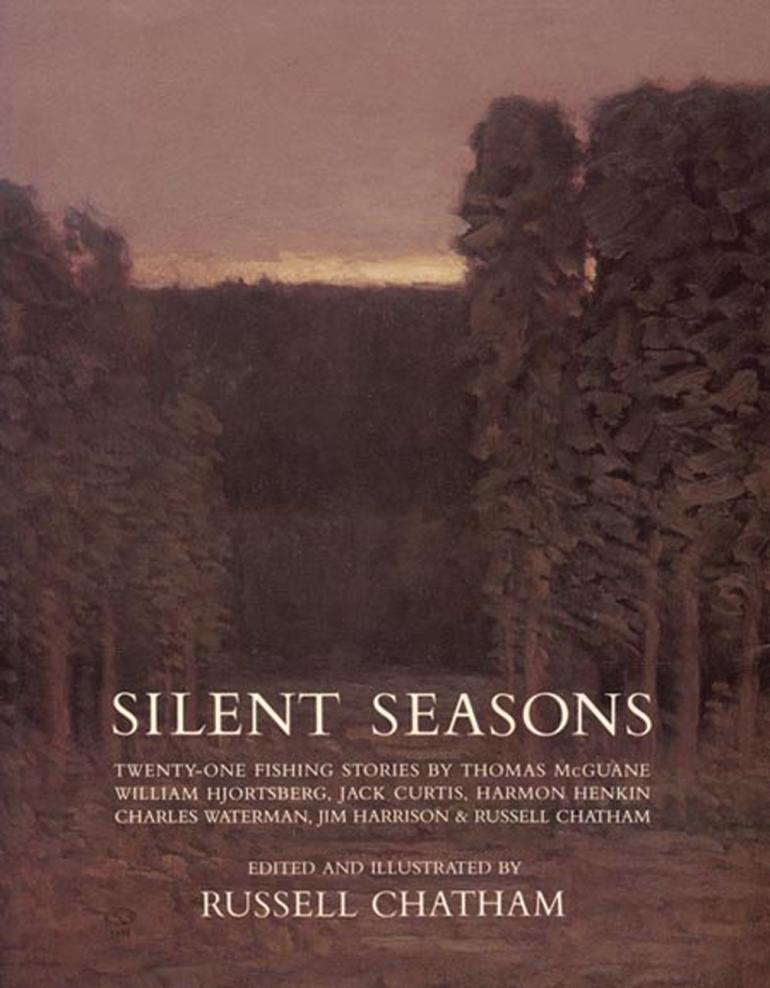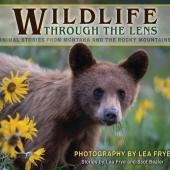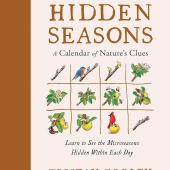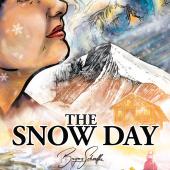Book: Silent Seasons
Silent Seasons, a legendary 1978 collection, assembles angling writers who delve into the contradictory nature of humanity. The writers of these essays are honest to a fault. In fact, their faults are where their self-deprecating sincerity lies open and bare, and this truth serum is destined to incite revelatory soul dances. Jim Harrison, Thomas McGuane, and Jack Curtis are past and present legends in this anthology. They have all embraced commercial success, but not transcended the genre in which they write: that of sports writers, or western writers, or both. Aside from that, these guys are not writing best-sellers, and that says more about American readers than the natural grace and intoxicant-laced passion with which these guys write.
Russell Chatham edited the text, provides the illustrations for each story, and supplied the 1988 second-edition preface. In it he writes: “If you view the ethic of the sixties as having begun about mid-decade and ending ten years later, then this collection is truly of that singular time of enthusiasm, idealism and optimism, and this quality is palpable and ongoing.” He is right. But what he adds is that Pat Ryan, the articles editor for Sports Illustrated during the late 60s and early 70s, helped these articles hit the pages. The other magazine mentioned: Gray’s Sporting Journal. The latter still strives to maintain a refined, high-culture status, whereas SI has abandoned that tract for the high-money, high-profile sports of NCAA, NFL, NBA, and MLB—not much is dedicated to the lowly Trout Unlimited or Federation of Fly Fishers.
Harmon Henkin supplies the welcomed geyser of upper-middle-class critique in Chatham’s collection. He writes about fishing in the revolutionary tones of radical. He starts his introduction on page 83 by claiming the “self-righteous evangelical preachers of the gospel of angling” who push that the uppity spirituality of fly fishing’s atmosphere have “no greater claim to spiritual purity than sex, dope, or any other recreation in contemporary America.” He might just be going right at Norman Maclean for all we know, but it is rebellious. His critique continues by claiming fishing is America, or America can be seen through the lens of fishing. And he describes the “sociology of angling as an untapped field.” His stories are refreshing and lively and edgy, and at times remind me of Bozeman. In “Swapping,” he talks about swaps and trading and the exchange of goods for the sake of a good deal, not for individual profit (take that capitalism). Unfortunately, he died, as Chatham explains in the preface, “in a freak automobile accident just as his screenwriting career was gathering momentum.” Touché.
This is a brilliant collection of artists and “doers, the action people.” In their writing are the timeless reasons anglers angle, and a brutal critique of the sheik, the wealthy, the flaunters and exploiters of what’s left of our natural, or unadulterated, fishing world.










